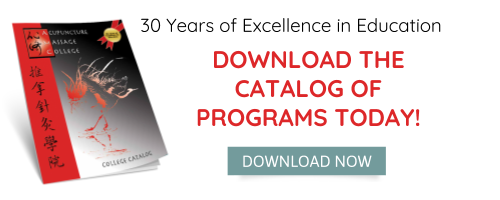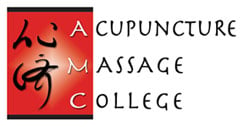Tai Chi For Psychological Well-Being
Tai chi, a low impact martial art, has been associated with reduced stress, anxiety and depression, and enhanced mood, in both healthy people and those with chronic conditions. A tai chi review, published in the journal BMC Complementary and Alternative Medicine, found that tai chi appears to have positive psychological effects.
Dr. Chenchen Wang, an associate professor from Tufts University School of Medicine in Massachusetts conducted the metastudy, working with a team of researchers to pool the results of 40 smaller studies examining the mental health effects of tai chi.
“Tai chi, the Chinese low impact mind-body exercise, has been practiced for centuries for health and fitness in the East and is currently gaining popularity in the West,” says Wang. “It is believed to improve mood and enhance overall psychological well-being, but convincing evidence has so far been lacking.”
Wang found that practicing tai chi was associated with reduced stress, anxiety, depression and mood disturbance, and increased self-esteem.
“More detailed knowledge about the physiological and psychological effects of tai chi exercise may lead to new approaches to promote health and treat chronic medical conditions,” says Wang.
Tai chi has many health benefits:
- Improves muscle strength.
- Increases flexibility.
- Instills balance.
- Provides aerobic conditioning.
Acupuncture & Massage College’s Community Clinic offers acupuncture, massage therapy and herbal medicine for the treatment of a wide range of health conditions as well as for overall wellness. To schedule an appointment call (305) 595-9500. For information about AMC’s Oriental Medicine and Massage Therapy programs ask for Joe Calareso, Admissions Director.


 (305) 595-9500
(305) 595-9500






